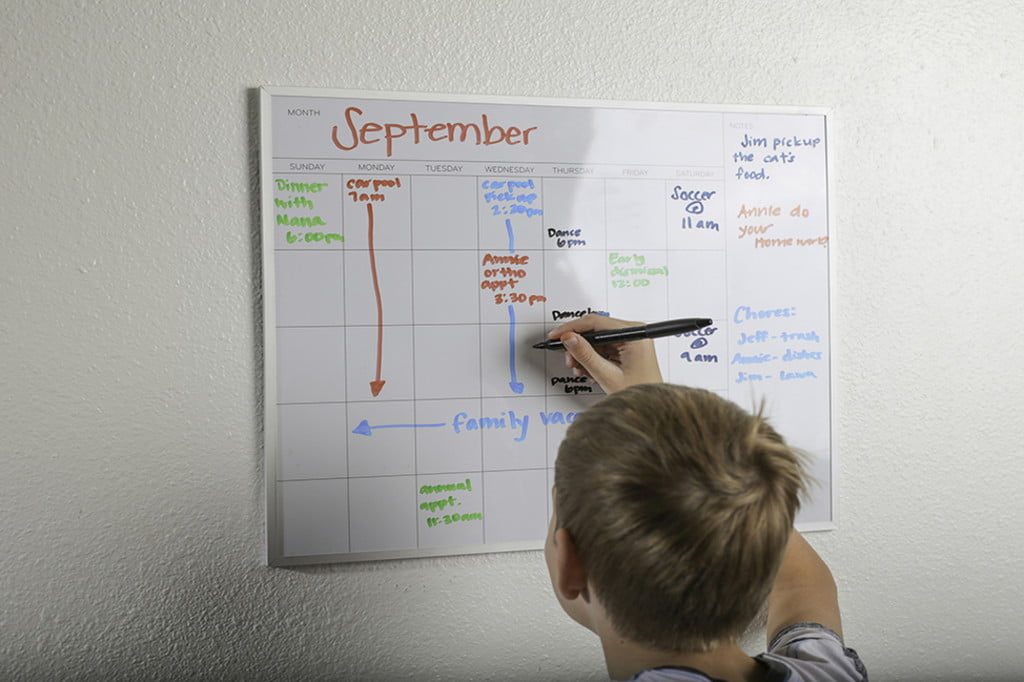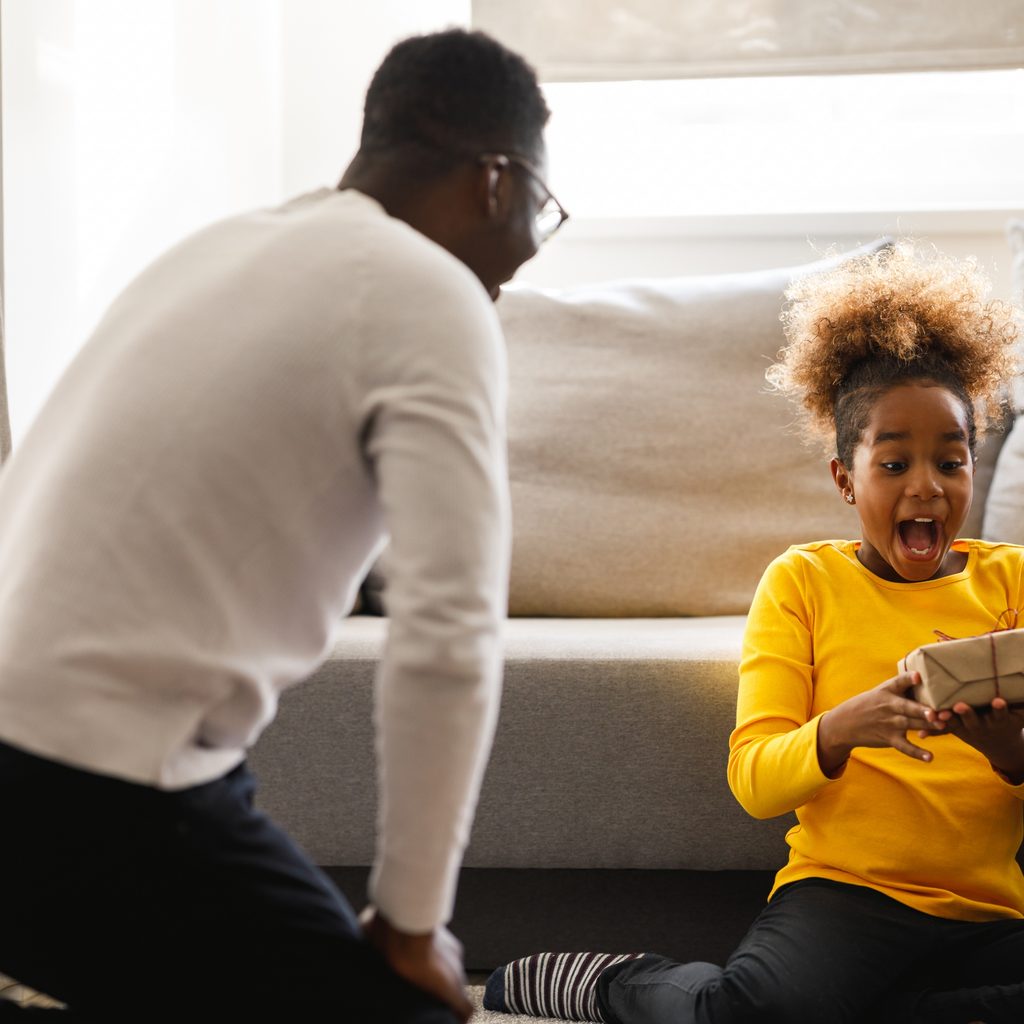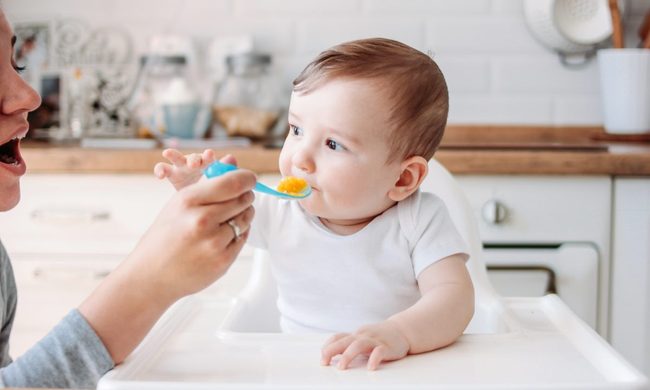Co-parenting can be a difficult road to navigate at any time of year, but sometimes the added stress of the holidays can make it more challenging. Even if you have schedules and systems in place that work for both parents throughout the year, the holidays can test the best co-parenting relationship.
If the holidays are already giving you anxiety as you try to coordinate your schedule with your co-parent, don’t worry. We spoke with attorney Renee Bauer, who is the founder and managing attorney at Happy Even After Family Law in Connecticut, to get her expert tips for healthy co-parenting during the holidays.

Start early
Making plans during the holidays can be difficult, especially when you’re trying to accommodate everyone’s schedule, which is why Bauer, who is also a podcast host, author, and host of the women’s empowerment summit, She Who Wins, says starting your planning early is key. Don’t wait until a few days or even weeks before the big day to request a schedule change, or expect you’ll be able to dictate the family calendar without proper notice. She suggests using a shared calendar to add all special events and holidays so both parents are aware of key dates.
“Communication is key here. If you start early enough, you can map out the month, exchange parenting time, and agree, so no one misses out on anything,” Bauer told us. She also warned against waiting until the last minute to contact your lawyer if there’s a disagreement, since the holidays are one of their busiest times of the year. She suggests that being accommodating to special holiday requests goes both ways — so if you need your co-parent to agree to a schedule change for you, you also need to be flexible for them.

Exchange gift lists
There’s nothing more frustrating than your child opening a gift from your co-parent only to find out it’s the same item you already bought, or that Santa was bringing. Fortunately, a little communication can help you both avoid this situation. Bauer suggests using a chart, like the one below, that is shared among both parents to ensure no one gets upset when a “must-have” gift from Santa is duplicated.
| Gift | Child | Parent A | Parent B | Joint | Price |
| Phone | All | X | $500 | ||
| Converse | Susie | X | $40 | ||
| Headphones | Bobby | X | $25 |
“It’s important for parents to have conversations about which gifts the children are receiving and which gifts are off limits, and when, if ever, that gift would be appropriate,” she added. This can also help you avoid any ‘one-upmanship’ that can happen with co-parents during the holidays.
She also advises discussing whether you will be helping your children purchase a gift for your co-parent. If so, exchanging budgets and making sure you each know about the exchange is important. “This can be a really great way to show your children that you’re both still their parents and still value and respect one another,” Bauer said.

Be flexible
The holiday is filled with special events and traditions. Splitting those events and traditions between parents after divorce can be stressful for kids. It can also be frustrating for parents who are used to spending the holidays uninterrupted with their children. “These events are important and children look forward to them,” Bauer told us. “When there is strain and stress in a family, these events can cause anxiety and worry in children.”
This makes being flexible with your co-parent even more important, and accepting that you may not be able to attend every tradition or event with your child going forward. Bauer says not to look at any missed events as lost time, “but as an opportunity to start your own new traditions that your children will look forward to.”

Create memories anytime
It can be frustrating to not be with your children during the holidays, but it’s important to remember that it’s your time with them that matters, not the date on the calendar. Co-parenting means having to compromise when it comes to sharing those special dates because ultimately, the children should be the priority and know that their parents are putting them first.
If you have to celebrate your special holiday on a different date, do everything you can to make your time with your children together special. As Bauer pointed out, “your children will remember a special moment you created for them,” and not what date it happened.

Don’t force dinner!
We know, as adults, how frustrating it can be to travel from one house to another on a holiday and be expected to partake in a full meal everywhere you go, but imagine how difficult it must be for a child. “I’ve seen parents get so hung up on wanting their children at their house to eat a holiday dinner, that they actually force the child to eat two meals,” Bauer said. “Instead, how about your child has dinner at one house and dessert at the other? Your child doesn’t really care where they eat, so don’t put more emphasis on the act of consuming the meal than is necessary,” she advised.
While co-parenting during the holidays can be stressful for adults, kids can also have a tough time with it, especially if that co-parenting relationship is less than amicable. Having a good co-parenting relationship can make the holidays happy for all involved. “It is your job to keep the magic in the holiday and sometimes that means choosing peace over being right,” Bauer noted.




